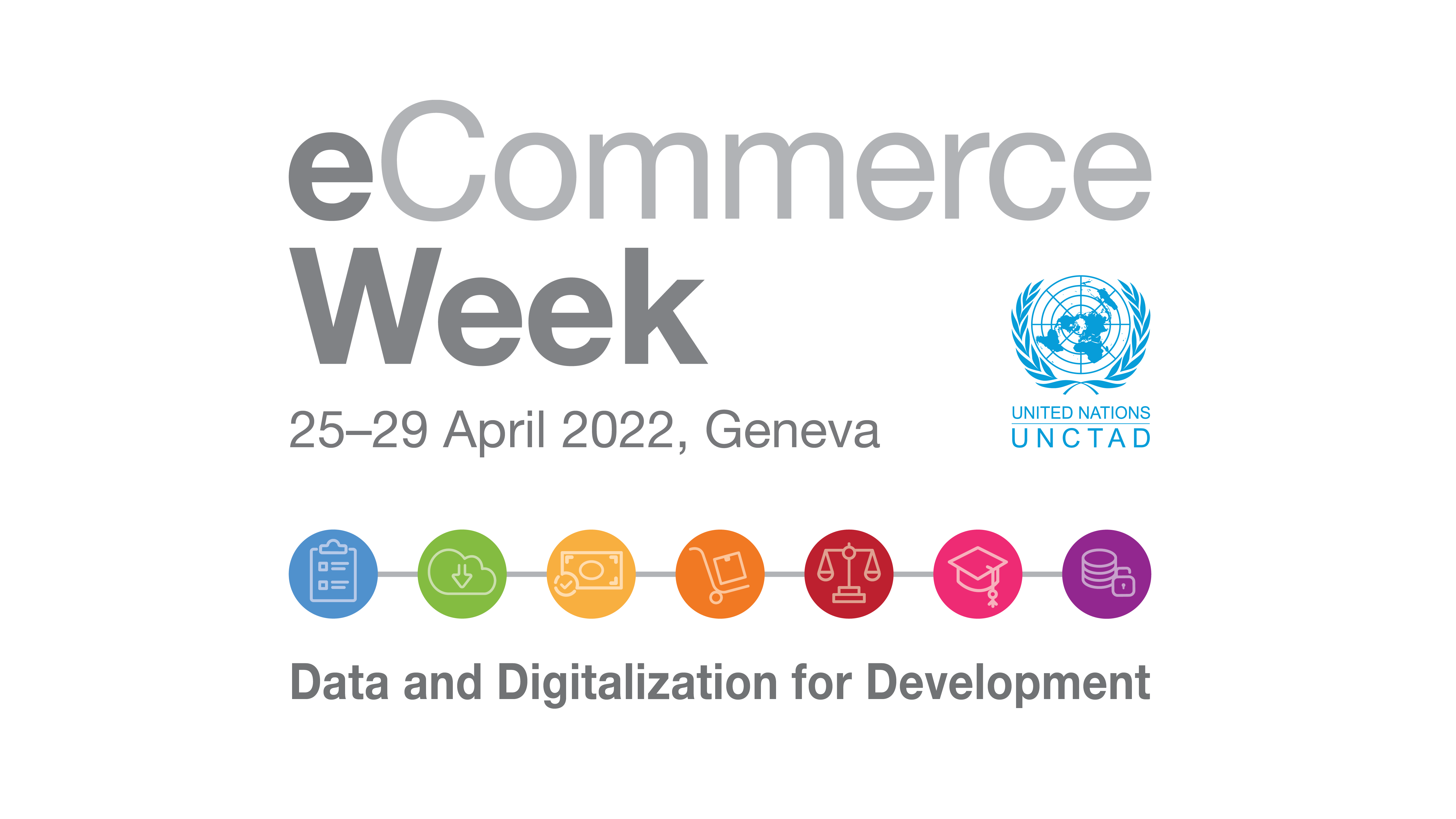Whether ‘data localisation’ and ‘national champion’ approach would lead to an inclusive digital economy?
27 Apr 2022 10:00h - 11:00h
Event report
The session addressed the contentious issue of data localisation and its implications for countries that pursue such policies. It seeked to answer the question of whether data localisation approaches aid in the capture of more value in the digital economy and lead to greater inclusivity and equity.
Mr Pradeep Singh Mehta (Secretary General, Consumer Unity and Trust Society International (CUTS)) noted in his opening statement that, according to the UNCTAD Digital Economy Report 2021, the USA and China account for 90% of the market capitalisation value of the world’s largest digital platforms and 94% of funding for AI startups, prompting countries around the world to develop strategies to capture a share of the value created in digital markets.
Mehta also stated that data localisation is a highly contentious issue with negative implications for data flow, e-commerce, and innovation, which was echoed by other panellists. Mr Bernardo Calzadilla Sarmiento (Managing Director, UNIDO) echoed this point, noting that data regulation affects trade and industrial development. Compliance with local laws requires additional effort and cost for businesses, and while there is justification for data localisation policies, such as the development of local industries, it is still a highly contested and contentious issue that raises the cost of trade. According to Sarmiento, a multilateral approach prioritises interoperability and can address the issue more comprehensively.
Data localisation to be understood in the broader context of data governance
Data localisation efforts need to be understood in the broader ecosystem of data governance, Ms Alison Gillwald (Executive Director, Research ICT Africa /University of Cape Town) underscored. She referred to Africa’s data policy framework as a critical enabling framework for the digital economy, which is all-encompassing in the sense that it provides the scale and scope for countries to benefit from data value. The real challenge, however, will be the implementation of the policy and domestication of its principles.
Building on the previous speakers’ remarks, Ms Lorrayne Porciuncula, (Executive Director, Datasphere Initiative) stated that she does not believe data localisation and ‘national champion’ approaches will lead to a more inclusive digital economy. Such data localisation approaches are driven by a sense of lack of control from various stakeholders, particularly national governments, and related concerns about security, privacy, taxation, and so on. She called for a new data narrative, one that is more nuanced and all-encompassing rather than going from one extreme (data sovereignty) to the other (complete free flow of data).
Lastly, Ms Marilia Maciel (Head digital commerce and internet policy, DiploFoundation) provided a comparison of Chinese and the US approaches to the idea of ‘national champions’. National champions have been put under the spotlight in China. China has unique political and economic conditions that have aided the rise of digital champions, including the ability to shield them from foreign competition in their early years. Furthermore, China is recognizing the drawbacks of overgrown champions who begin to monopolise the local market and stifle competition. The USA, on the other hand, has followed another approach. Two factors were essential for the growth of Silicon Valley: abundance of capital and openness to experiment. The openness to experiment is guided by two principles: (a) ‘permissionless innovation,’ which means that innovators do not need to seek approval from any authority before developing and deploying new devices and services, and (b) ‘permission to fail,’ which relieves innovators and start-ups of the burden of proving themselves and succeeding on their first try.
By Katarina Andjelkovic
Related topics
Related event

